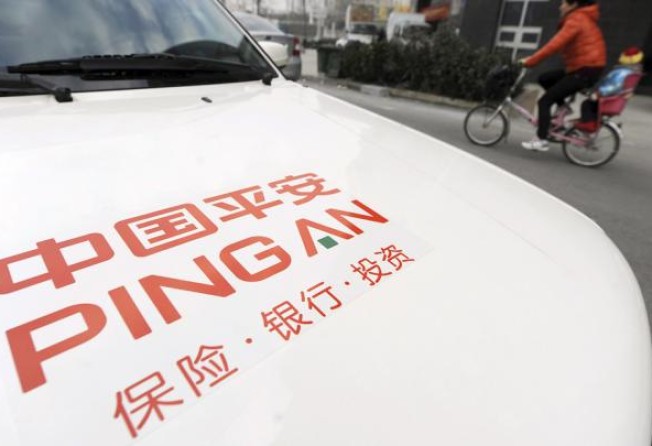Still too much murkiness around the details of the Ping An deal
How sensitive is a deal that a blue chip bank cannot categorically clarify that what it has said in an earlier announcement is no longer true?

So, the Thailand tycoon Dhanin Chearavanont has finally paid up for the Ping An Insurance stake and the mainland regulator has approved the sale.
Every party, in particular HSBC, may very well want this to be the end of the fiasco. Yet it is not.
The uncertainty over the deal has been removed but the murkiness remains.
Why? Read the following. In announcing the sale on December 5, HSBC said: "[The purchase price] will be financed in part in cash and in part under a facility with China Development Bank Corporation (CDB) Hong Kong branch."
As media reports of CDB pulling the loan went wild, HSBC said in an announcement on January 10: "The information contained in the announcement of 5 December 2012 remains accurate."
On February 1, the bank said: "[The consideration] has been paid by the purchasers in cash."
So is CP's purchase financed by CDB? If not, where is the money coming from? Make whatever inference you like from the announcement. Both HSBC and Dhanin's Charoen Pokphand Group (CP) are not telling.
All investors can rely on are the comments of "a person with knowledge of the transaction who asked not to be identified because the matter is private", which were carried by various media over the weekend.
The message from the "deep throat" can be summarised as follows.
One: CDB has pulled out. (What's so controversial that no party can admit this directly and officially?)
Two: The mainland policy bank has initially provided CP with a standby facility. This is because the pair have always been interested in developing rural finance in the country and Ping An fits well into the plan with its extensive national network. The management-controlled Ping An also prefers CP, a passive investor, to the state-owned entities as its major shareholder.
Well, I am sure there are much cheaper ways to do rural finance than buying control of an insurer with HK$72.7 billion. The claims of a partnership between CP and Xiao Jiahua, who is said to be the agent of some former state leaders in buying the Ping An stake, is untrue. Xiao has, in fact, been competing against CP in the bid for Ping An. The "well orchestrated" spin over Xiao's involvement has, however, made the deal too controversial for the bank to stay. (Why is the mention of Xiao a deal-killer in China?)
Three: CDB could not have possibly gone ahead anyway because the China Insurance Regulatory Commission has decided that the share sale came under the law that says investment in insurers cannot be financed by debt.
(How can teams of lawyers, including those with HSBC, miss this obvious legal hurdle? Didn't anyone test the deal with the regulator in advance? )
Four: Dhanin has provided the mainland regulator with written proof that he is rich enough to fund the deal from his own pocket. Mind you, he is already sitting on a 15 per cent profit. (If so, why did Dhanin bring in CDB in the first place?)
Some may say, why bother? The money is already in the account. Who cares where the money is coming from?
Let us hope that is not the rationale behind HSBC's silence.
In fact, HSBC cared so much about the source of the money that it has insisted on making public the loan to CP by CDB. Knowing the sensitivity of CDB's involvement, CP is understood to have tried to withhold the lender's identity.
The naming of CDB is to convince the market that CP and the deal are both genuine. It is there to give the transaction credibility. This is because Dhanin may be a top gun in Thailand, but investors have doubts over his ability to finance the deal and his plan with it. Many still remember that Dhanin almost lost his shirt during the Asian financial crisis in 1998.
Dhanin's position as a holder of 15.57 per cent of Ping An is vital in judging the future of Ping An's business and share price.
Yet, here we are back to square one, having more questions than answers on the deal. What is more alarming is the poor disclosure over such a transaction that involves two blue chips - HSBC and Ping An - as well as the sale of the largest single shareholding in the latter.
Instead of proper corporate announcements, investors have to rely on insiders' information or hearsay reported by the media to know even basic facts of the transaction.
Yes, lawyers can come up with a justification for not saying more. Yes, any deal in China can be called "sensitive and controversial".
The question is, how sensitive and controversial is a deal that a blue chip cannot categorically clarify that what it has said in an earlier announcement is no longer true. That is the least one can expect from an international bank that talks about good corporate governance. That is the least one can expect from a regulatory regime that has made timely and accurate disclosure a legal obligation.